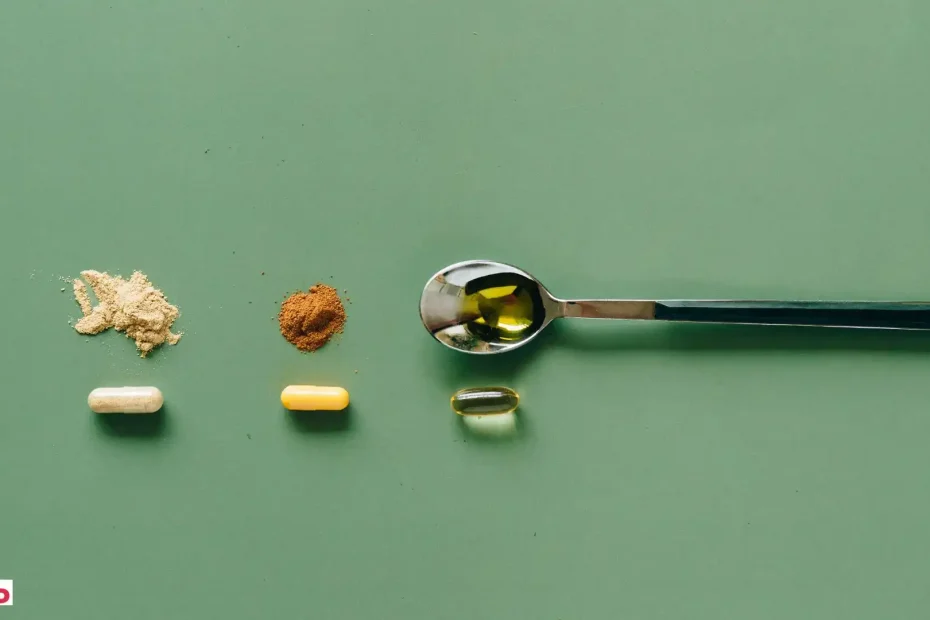I often get asked whether supplements are necessary for a carnivore diet. After all, this eating plan centers around nutrient-dense animal foods like meat, fish, eggs and dairy. Can’t we get everything we need from these wholesome foods alone?
While it is possible to get most nutrients from an all-meat carnivore diet, strategic supplementation can ensure optimal health by filling potential nutritional gaps. Certain vitamins and minerals may be difficult to obtain in adequate amounts from muscle meat alone. Supporting overall well-being with select supplements is a wise plan.
As someone who has experimented extensively with the carnivore diet myself, I have dialed in the top supplements that make me feel my absolute best in this eating style. Read on for the 12 best supplements to thrive on an animal-based carnivore plan.
11 Most Needed Supplements on a Carnivore Diet
After much self-experimentation and research, I have landed on what I consider the top 12 must-have supplements to aid an animal-based, carnivore style of eating.
1. Omega-3 Fatty Acids

Why they matter: Omega-3s are a key contributor to both physical and mental health. They fight inflammation, support cognition, and reduce disease risk factors.
Best sources: High-quality fish, algae, or krill oil capsules. Flavored liquid omega-3 oils are another option. Consume 1-2 grams combined EPA + DHA daily.

2. Magnesium
Why it matters: Magnesium facilitates hundreds of processes like muscle and nerve transmission, blood sugar regulation, immunity, and more. Most Americans do not consume enough.
Best sources: Magnesium glycinate, citrate, or threonate powders or capsules. Aim for 300-500 mg of elemental magnesium per day. Alternatively, if you're struggling to meet your daily Mg requirements you can supplement it with Performance Lab's Mg capsules which I found to have above median bio-absorption rate.
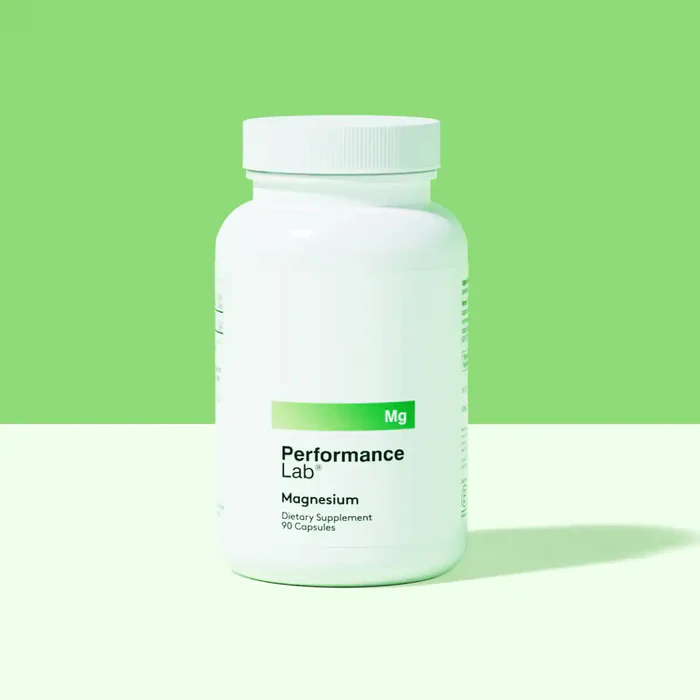
3. Vitamin C

Why it matters: Vitamin C cannot be manufactured by the body so intake from diet or supplements is essential. It maintains immunity, hormones, and collagen production.
Best sources: Ascorbic acid or reduced L-ascorbic acid powders. Consume at least 1-2 grams per day in divided doses.
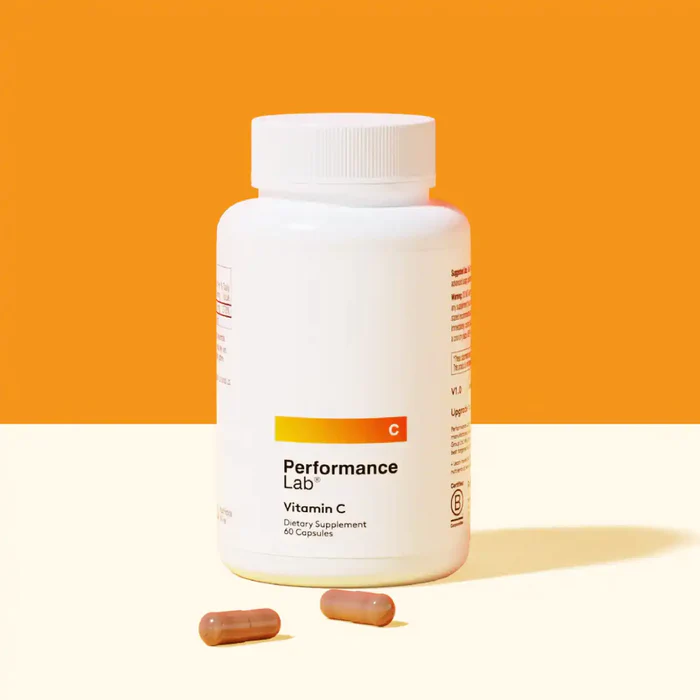
4. Vitamin K2
Why it matters: Vitamin K2 activates proteins necessary for blood clotting and depositing calcium in bones, not arteries. It prevents atherosclerosis and ‘hardening’ of tissues.
Best sources: MK4 and/or MK7 forms, 100-200 mcg daily.
5. Vitamin D3
Why it matters: Often called the sunshine vitamin, most people are deficient, especially those without regular UV light exposure. It regulates over 1,000 bodily processes when optimized.
Best sources: Liquid emulsified drops or oil-based gel caps, 5,000-10,000 IUs based on personal testing.
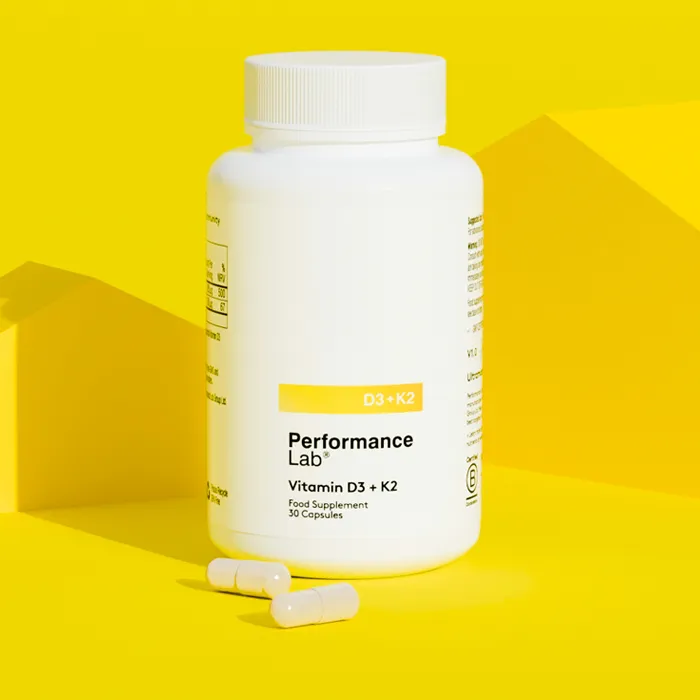
To get a better understanding of the various vitamins needed on a carnivore diet check out this detailed article.
6. Zinc
Why it matters: Zinc enables immune resilience, efficient digestion, reproductive health, restorative sleep, and over 300 enzymatic reactions.
Best sources: Zinc picolinate, gluconate or citrate, 30-50 mg daily.
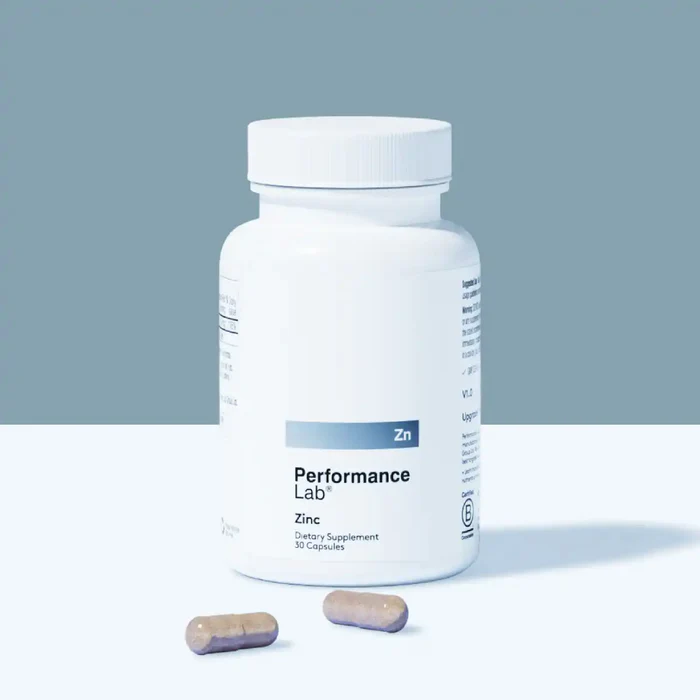
7. Selenium
Why it matters: Selenium is a crucial trace mineral that plays a vital role in thyroid function, DNA synthesis, and protecting cells from oxidative damage. It's also essential for a strong immune system and reproductive health. While selenium is present in many animal foods, the content can vary widely depending on the soil where animals were raised.
Best sources: Brazil nuts are often touted as the best source of selenium, but they're not part of a carnivore diet. For carnivores, the best supplemental forms are selenium methionine or selenomethionine. Aim for 100-200 mcg per day.
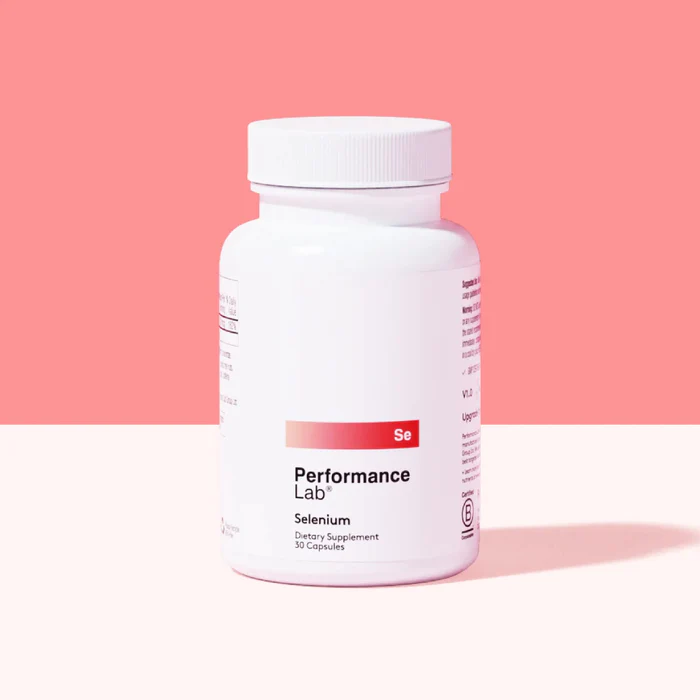
8. Fibers
Why it matters: While the carnivore diet minimizes or eliminates plant foods, some individuals may benefit from supplemental fiber to support gut motility and prevent occasional constipation. Fiber can also help feed beneficial gut bacteria, especially during transitions to strict carnivore eating.
Best sources: Psyllium husk or partially hydrolyzed guar gum (PHGG) are excellent options for adding soluble fiber. Start with a small dose (1–3 grams) and adjust as needed to maintain comfortable digestion.
9. Bone Broth Powder

Why it matters: Bone broth contains collagen for skin elasticity along with amino acids like glycine that calm the nervous system as well as easily deliver the much needed protein to your muscles. Easy powders provide these benefits efficiently.
Best sources: Bovine or chicken collagen peptides plus hyaluronic acid powders, around 10-30 grams daily.
10. Probiotics
Why they matter: Supporting healthy and diverse gut flora improves digestion, immunity, and even mental health. Probiotics replenish strains depleted by food-borne chemicals or medications.
Best sources: Soil-based organisms or spore-forming Bacillus supplements, rotate various strains from reputable brands. I recommend Performance Lab's Prebiotics especially since its inulin-infused capsules help in better flourishing of gut microflora.
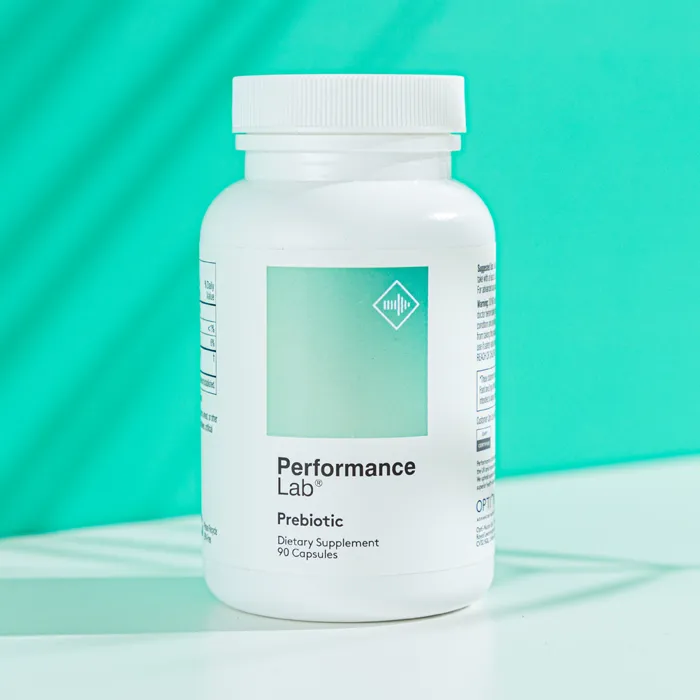
11. Boron
Why it matters: Boron is a trace mineral that plays a crucial role in bone health, hormone regulation, and cognitive function. It supports the metabolism of calcium, magnesium, and vitamin D, making it particularly beneficial for those following a carnivore diet where bone density and hormonal balance are priorities.
Best sources: Boron supplements are available in capsule or liquid form. Aim for 3–6 mg daily to support bone health, joint function, and overall vitality.
How to Create Your Custom Supplement Routine
I suggest choosing 2-6 of the above supplements to create a custom regimen catered to your individual needs and goals on a carnivore eating style. The optimal staples for me are:
- Omega-3s for cognition and emotional balance
- Magnesium for sleep and metabolic health
- Vitamin D3 for immune regulation and energy levels
- Zinc for reproductive and digestive support
- Liver capsules to avoid missing any potential micronutrients
Additionally, active individuals or new carnivores may benefit from adding electrolytes and probiotics as well. Choose the combination that makes you feel your best!
While not strictly necessary if eating fully nose-to-tail, many carnivores find select supplements improve how they look, think, and feel on this diet. Give some of these solutions a try to unlock your highest vitality!



